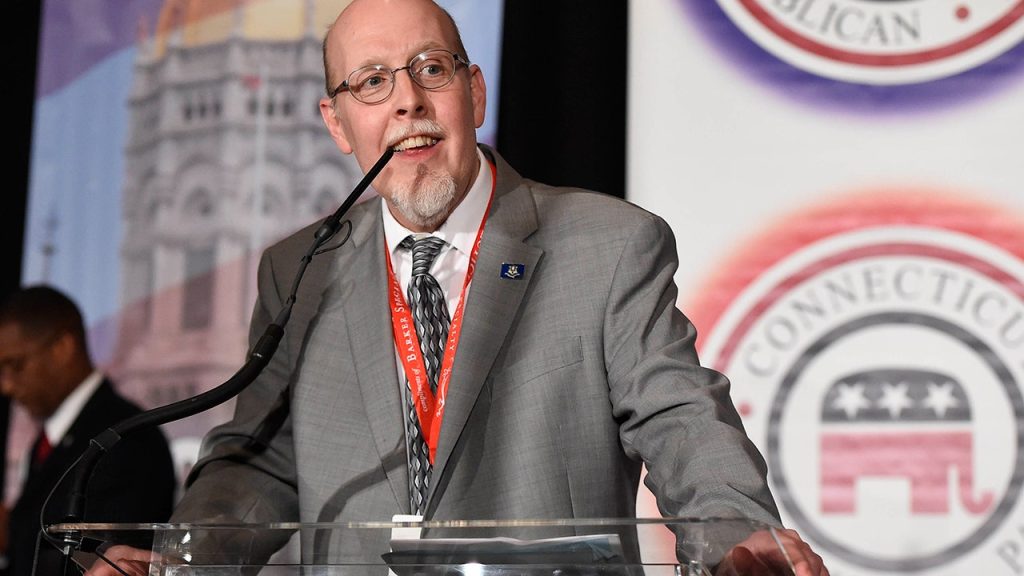Connecticut’s Supreme Court ruled that state elections officials violated the free speech rights of two Republicans running for the state legislature in 2014. The justices overturned the fines imposed on Sen. Rob Sampson and former Sen. Joe Markley for criticizing then-Gov. Dannel Malloy in ads paid for by their publicly funded campaigns. The State Elections Enforcement Commission had determined that Sampson and Markley violated the rules of the state’s Citizens’ Election Program. The commission interpreted the law to mean that criticizing Malloy was not allowed, which the Supreme Court found to be unconstitutional. This ruling could have implications for other states with publicly funded campaigns.
The Supreme Court cited several decisions by the U.S. Supreme Court and other courts on the limits that can be placed on free speech in publicly funded campaigns. Thirteen states provide some form of public funding to candidates for state offices. Charles “Chip” Miller, a senior attorney, who represented the lawmakers, believes that the Connecticut case could have ramifications in other states if they seek outside guidance on the issue. Other states with public funding for campaigns, such as New York and Arizona, limit the use of the money to the candidate’s own campaign. New York specifically bans spending that money to support another candidate.
The commission is reviewing the court’s decision and consulting with the Attorney General’s Office to determine the next steps. The state attorney general’s office, which represented the commission in the case, is also reviewing the ruling before deciding its next steps. Markley, who won reelection as a senator in 2014, believes that the commission’s interpretation of the law was “ludicrous” and expected it to be overturned. Sampson, who won a Senate seat vacated by Markley, feels “vindicated” by the court’s unanimous decision and is pleased that future candidates can now exercise their free speech rights.
During the 2014 campaign, Sampson and Markley sent out campaign materials criticizing Malloy’s policies. These materials led to a complaint from Sampson’s Democratic opponent, John Mazurek, resulting in fines imposed by the State Elections Enforcement Commission. However, the commissions’ decision was overturned by the Supreme Court. The court found that the commission’s interpretation of the law was unconstitutional and that the lawmakers had the right to criticize Malloy. The ruling sets a precedent for how public funding for campaigns can be used in terms of free speech rights for candidates.
The decision by the Connecticut Supreme Court could have far-reaching implications for other states with publicly funded campaigns. The ruling clarifies the limits that can be placed on free speech in publicly funded campaigns and sets a precedent for how such laws should be interpreted. The attorneys representing Sampson and Markley believe that the case could influence similar issues in other states and provide guidance on how to navigate free speech rights in publicly funded campaigns. This ruling is a significant victory for the two lawmakers and could pave the way for clearer guidelines on free speech in campaign finance laws.
In conclusion, the Connecticut Supreme Court’s decision to overturn fines imposed on two Republican lawmakers for criticizing the Democratic governor in their publicly funded campaigns is a significant victory for free speech rights in campaign finance. The ruling clarifies the limits that can be placed on free speech in publicly funded campaigns and sets a precedent for how such laws should be interpreted. This case could have implications for other states with publicly funded campaigns and provide guidance on how to navigate free speech rights in campaign finance laws. The attorneys representing the lawmakers hope that this decision will influence similar issues in other states and lead to clearer guidelines on free speech rights.


